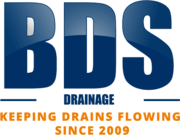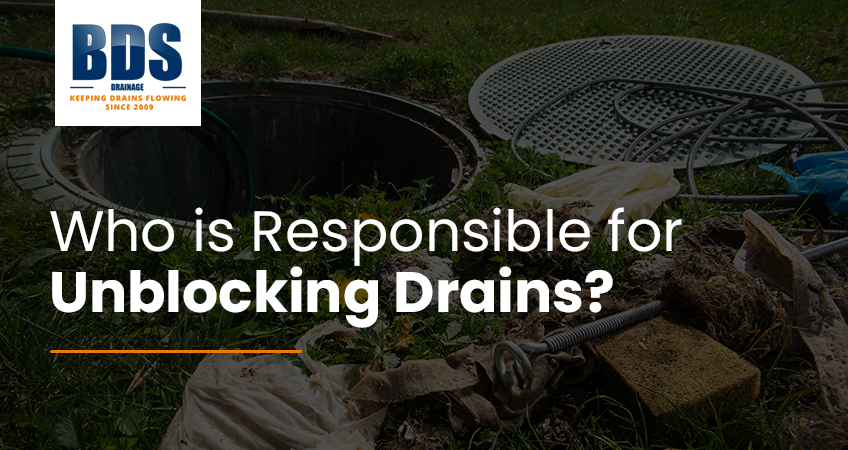Blocked drains are a common nuisance that can cause significant inconvenience and potentially severe damage if not promptly addressed.
For homeowners, renters and property managers in the UK, one of the key questions is: “Who is responsible for unblocking drains?”
This blog post aims to answer this question by examining two critical aspects:
1) which part of the drain is blocked and
2) the type of property ownership.
Where is the blockage?
Generally speaking, you are usually responsible for drains within the boundaries of your property, these are considered private drains. Conversely, your local sewerage company is responsible for lateral drains—those which lie outside your property boundaries—and sewers. Understanding the distinction between a private drain and public sewers is crucial in determining who should address any drain-related issues you encounter.
Private drains
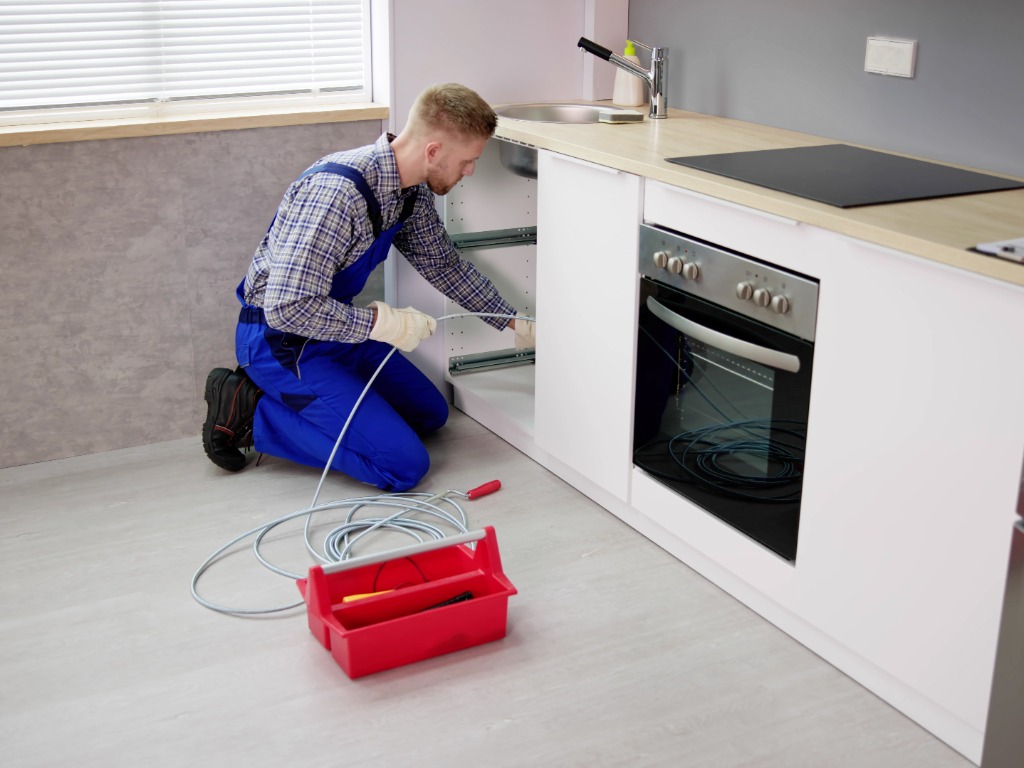
Private drains are those that carry wastewater away from your home to the public sewer system. You are responsible for maintaining and unblocking these drains. Common blockages you might face include:
- Kitchen waste: Food particles, grease, and fat can accumulate and clog your kitchen sink.
- Bathroom blockages: Hair, soap scum, and toiletries can block your shower, bath, or sink drains.
- Toilet clogs: Items like wet wipes, sanitary products, and excessive toilet paper can cause blockages.
Lateral drains and private sewers
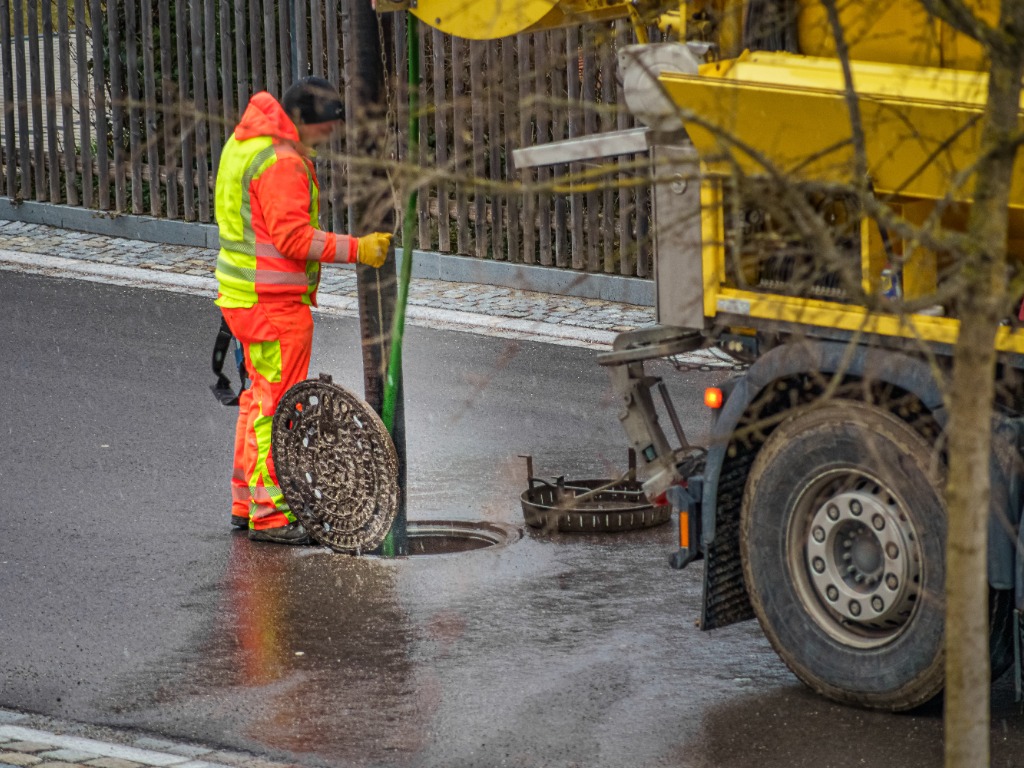

Lateral drains are the sections of a drain that lie outside your property boundary and connect to the public sewer. Sewers are larger pipes that carry wastewater from multiple properties. Your local water company, such as Thames Water, United Utilities, or Severn Trent Water, is responsible for maintaining and unblocking a private sewer. Common issues they would handle include:
- Tree root intrusion: Roots can grow into lateral drains and sewers, causing blockages.
- Collapsed drains: Over time, drains can deteriorate and collapse, leading to severe blockages.
- Heavy rainfall: Overflowing sewers due to heavy rainfall can cause blockages and backflows.
Property type and ownership
The question of drainage responsibility can vary depending on the type of property and ownership. Here’s a breakdown of different scenarios:
Homeowners
If you own your home, you are responsible for clearing any blockages in your private drains. Regular maintenance and prompt action when issues arise can help prevent severe problems.
Renters
If you rent your property, responsibility might rest with your landlord, especially if the blockage is not due to your negligence. However, if the blockage results from misuse, such as flushing inappropriate items down the toilet, you may be held responsible.
Flats and apartments
Living in a block of flats or apartments adds another layer of complexity. Typically, the property owner or a facilities management company will be responsible for maintaining the shared drainage systems. However, individual blockages within your flat’s private drains may still be your responsibility.
Clearing a blocked drains
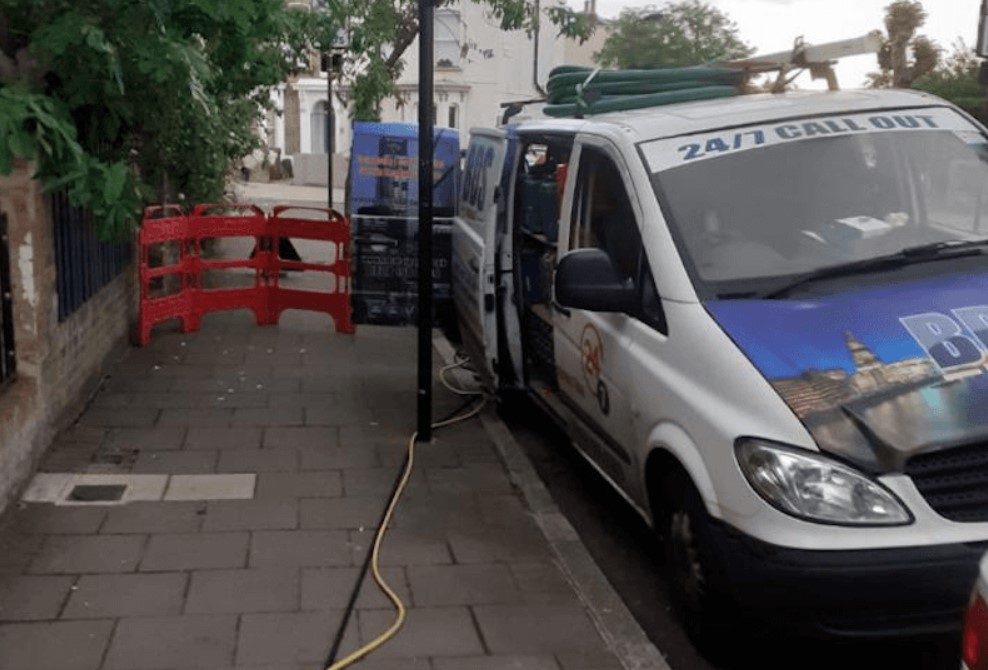

When faced with a blocked drain, you have a few options. Here, we’ll explore practical home unblocking tips and the benefits of using a professional drainage company.
Home unblocking tips
- Identify the Blockage: Determine which drains are affected. If only one appliance is slow to drain, the blockage is likely localised.
- Use a plunger: A plunger can be effective for sinks, toilets, and showers. Place the plunger over the drain and pump vigorously to dislodge the blockage.
- Homemade solutions: Pour a mixture of baking soda and vinegar down the drain, followed by hot water. This can help break down minor blockages.
- Drain snake: A drain snake or auger can reach deeper blockages. Insert the snake into the drain and twist until you feel resistance, then pull out the debris.
Professional drainage services
For persistent or severe blockages, it’s best to call in the professionals. A specialist drain company will offer comprehensive unblocking services that include:
- CCTV drain surveys: Using advanced camera technology to pinpoint the exact location and cause of the blockage.
- High-pressure water jetting: A powerful method to clear stubborn blockages and clean the drain thoroughly.
- Drain repairs and maintenance: Addressing any structural issues in your drainage system to prevent future blockages.
- Drain relining: A modern and non-invasive method for repairing damaged drains without the need for excavation.
FAQ
What should I do if I suspect there is a blockage in a drain that isn’t mine?
If you suspect a blockage in a drain that you do not own, confirm it isn’t within your property by having a drainage company perform a CCTV assessment. If the blockage is outside your property boundaries, contact your local water company for assistance.
What are the key signs of a blocked sewer pipe or lateral drain?
Look for the following indicators:
- Slow draining: Water drains slowly from multiple fixtures.
- Unpleasant odours: Foul smells emanating from drains.
- Gurgling sounds: Unusual noises from drains or toilets.
- Backed-up water: Sewage or water backing up into sinks, toilets, or bathtubs.
How can I prevent blockages in my drains?
- Avoid flushing non-flushable items: Do not flush wet wipes, sanitary products, or grease down the toilet.
- Install drain screens: Use a drain screen or drain cover in sinks and showers to catch hair and debris.
- Regular maintenance: Periodically run hot water down drains and use enzyme cleaners to keep them clear.
Should I get insurance for my drains?
Consider getting home insurance that covers drain and sewer issues. This can provide peace of mind and financial support if significant drainage problems arise.
Conclusion
Understanding who is responsible for unblocking drains can save you time, stress, and potential costs. Homeowners are generally responsible for private drains within their property boundaries, while sewerage companies handle issues with lateral drains and sewers. The specifics can vary based on property ownership and living arrangements.
For persistent or complex blockages, professional drainage services are invaluable. By staying proactive and informed about your drainage responsibilities, you can maintain a smoothly running drainage system.
Get in touch with BDS Drainage for a free quote
If you’re dealing with blocked drains on your private property, BDS Drainage is here to help. Our team of experts offers state-of-the-art unblocking services to ensure your drains flow freely. Don’t let a blockage disrupt your day—contact BDS Drainage today to schedule a consultation and keep your drainage system in top condition.
